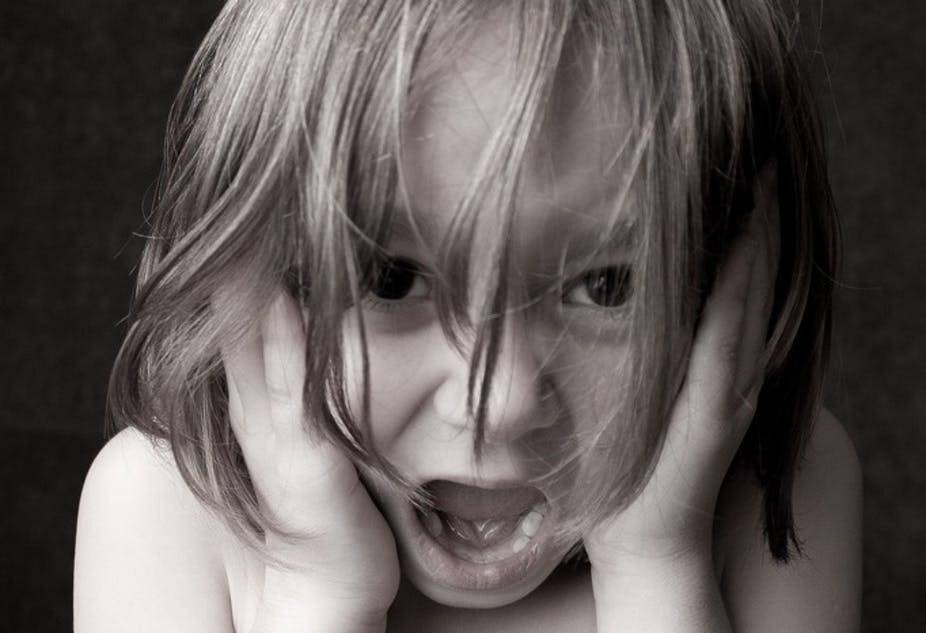
Have you ever heard of the phobia called anatidaephobia? If you haven’t heard, you need to know that this is a constant and irrational type of fear where a person feels that he is always being watched by a duck or a geese or a swan. This is indeed a very rare kind of phobia because it is never seen that a person constantly feels that a duck is watching him but there are few rare people among whom this occurs. If it gets serious, it may get disabling and might bar a person from maintaining his routine activities and it can even hamper the person’s personal life.
Experts suggest that it’s apparently not a real phobia but it is a sort of a state of mind which can be changed. The word anatidaephobia comes from the Greek word ‘anatidae’ which means geese, ducks, swans and we all know that the word ‘phobos’ means fear. Someone who had a traumatic experience during his childhood with some duck might face such a phobia till his adulthood.
Anatidaephobia – The common symptoms
The symptoms of anatidaephobia usually are different from one person to another and usually they can include symptoms like nausea or perspiration. There are few rare cases where the symptoms can even lead to panic attacks and anxiety. Here are few other symptoms that you may keep in mind.
- Shortness of breath
- Dry mouth
- Trembling of the body
- Tension in muscles
- Feeling like losing control over everything
- Hyperventilation
- A constant feeling of potential disaster
- Unable to escape and the feeling of being trapped in useless things
What sorts of treatments are available for anatidaephobia?
While there are several options for treating the phobia or disorder for anatidaephobia but when things get serious, it becomes imperative to get expert help. Here are few of the therapies that you can opt for:
- You may get in touch with a physician who can refer you to a therapist who are experts in treating such phobia
- Conventional talk therapy to assist the patient in recognizing the type of dear
- Hypnotherapy
- Self-help strategies
- Cognitive behavioral therapy
- Exposure therapy
- Desensitization therapy
- Medicines for anti-anxiety
- Relaxation techniques
If you consider a real phobia, it is described as a sort of fear which is paralyzing and irrational. Anyone who suffers from any kind of phobia will have physical and psychological symptoms like panic, anxiety, trembling, increased heartbeat and nauseatic feeling. It is always better to seek help of an expert mental health professional.
